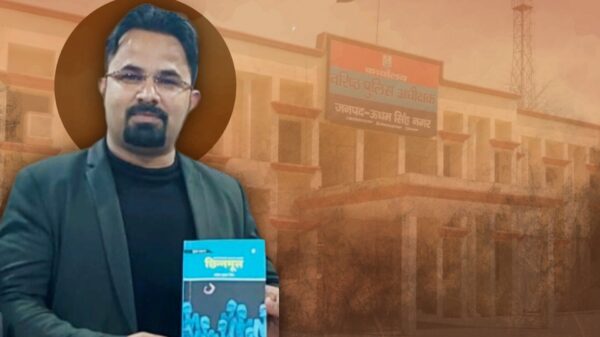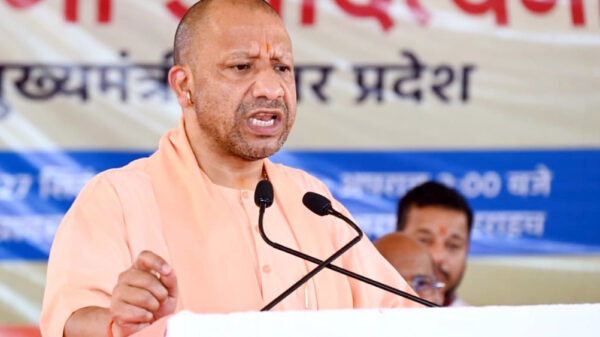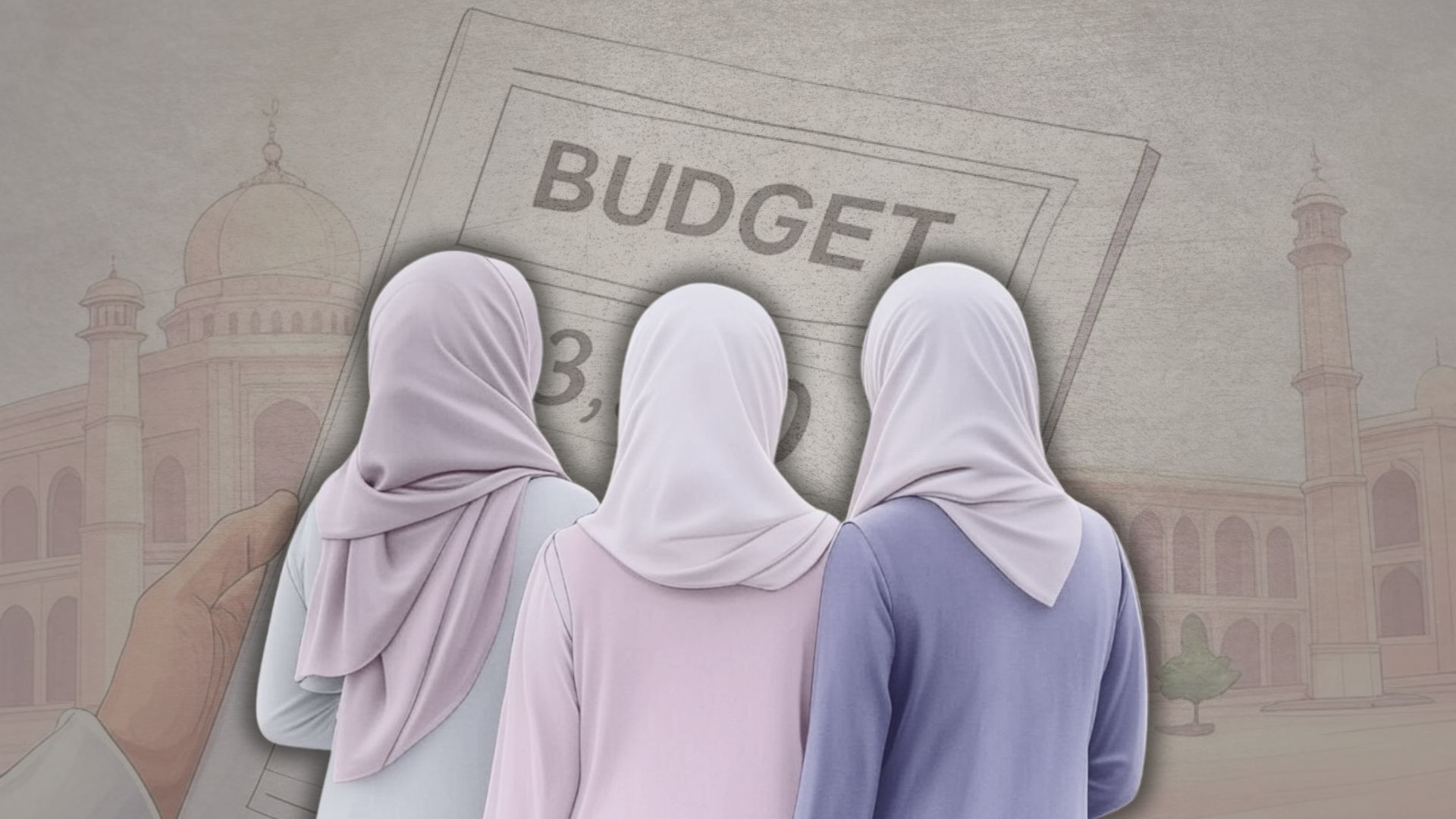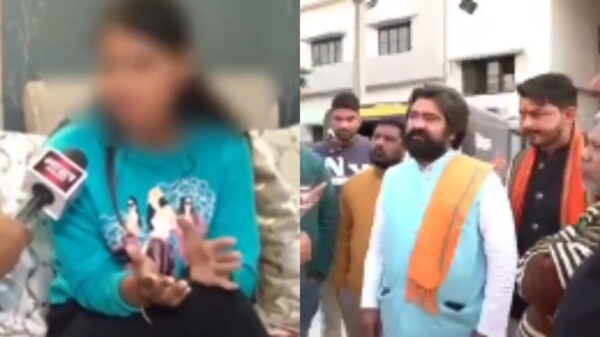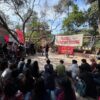The Union Budget for 2025-26 has faced strong criticism after just Rs 1 lakh was allocated for the development of madrasas. Educationists and community leaders say this small amount does not meet the needs of these institutions and goes against the government’s promise of inclusive growth. Critics argue that the budget, despite Prime Minister Narendra Modi’s vision of “Sabka Saath, Sabka Vikaas, Sabka Vishwas,” does not provide enough support for Muslim education, healthcare, or economic development, leaving the community disappointed.
The total budget allocation for minority welfare is Rs 3,350 crore, a marginal increase from last year’s Rs 3,183.24 crore. However, experts argue that this remains an insignificant fraction of the total budget, amounting to just 0.066% of overall allocations.
“The union budget has once again made it abundantly clear that India’s Muslim community is sort of like an afterthought. Despite all the lofty promises like ‘Sabka Saath, Sabka Vikaas’, the numbers in actuality are telling a different story,” said a Jamia Milia Islamia student.
While the overall budget for the Ministry of Minority Affairs saw an increase of Rs 166 crore, rising to Rs 3,350 crore, the allocation for madrasas remained unchanged at a negligible Rs 1 lakh. This highlights the “deliberate sidelining” of traditional Islamic institutions, which serve as a lifeline for thousands of economically disadvantaged Muslim students, providing them with essential education and opportunities for a better future.
Mohammad Ali Shabbir, an advisor to the Telangana government, condemned the budget’s neglect of minorities, stating that despite the government’s repeated assurances, there is no real commitment. He told the media that the allocation remains negligible compared to the overall budget. Shabbir also highlighted the significant cuts in the pre-matric and merit-cum-means scholarships, which have long been a vital lifeline for Muslim students aspiring to pursue higher education.
These reductions threaten to hinder the dreams of countless young minds who rely on such scholarships to break free from economic constraints and access opportunities for a brighter future.
A pressing concern for Muslim community leaders is the cut in essential scholarship funds. While the post-matric scholarship allocation has seen a modest rise, the funding for pre-matric and merit-cum-means scholarships has been significantly reduced, impacting countless deserving students.
Educational activists warn that these budgetary cuts will further deepen the economic and educational divide between Muslims and other communities, limiting opportunities for upward mobility and social inclusion.
“The total budget allocation for minority welfare is Rs. 3,350 crores, but this amounts to just 0.06% of the total budget which is an insultingly small fraction for a community that constitutes nearly 15% of the total population,” said a Jamia Hamdard student.
The government expenditure on Kumbh Mela amounted to about 7000 crores, a grand spectacle where millions gather for just a celestial bath, believing a dip in the water washes away sins. Whereas, this year’s budget continues a trend of declining support for minority welfare, failing to address the economic challenges faced by the Muslim community.
“The Union Budget 2025’s Muslim allocation is like the Kumbh Mela—thousands of people flocking for a glimpse of something big, but when they arrive, they’re left wondering where the real substance is,” said a scholar of Jamia Hamdard who preferred to remain anonymous.
The opposition leaders have strongly criticised the budget, naming it “discriminatory” and “anti-minority”.
Asaduddin Owaisi, MP from Hyderabad, targeted the government and said, “This budget proves that the BJP government is systematically ignoring Muslim education. They have no interest in the upliftment of our community.”
According to activists, the budget of 2025 has made one thing very painfully clear the budget is a reflection of priorities and the Muslim community is not a priority for the government. The reduction in scholarships, the lack of initiatives and the very minuscule welfare allocation for Muslims are not accidents but political choices. These choices are further putting the Muslims into socio-economic marginalisation.
Dr Syed Zafar Mahmood, founder of the Zakat Foundation of India, stated “The BJP government’s approach towards Muslims is not just neglectful; it is discriminatory. Muslims are an integral part of India’s fabric, and their contributions to the nation’s progress cannot be ignored. This budget reflects a deep-seated bias that undermines the principles of equality and justice.”
Within the Muslim community, some leaders still hold on to hope that future reforms might address their concerns. Many hope for special provisions to promote entrepreneurship and employment among Muslim youth.






